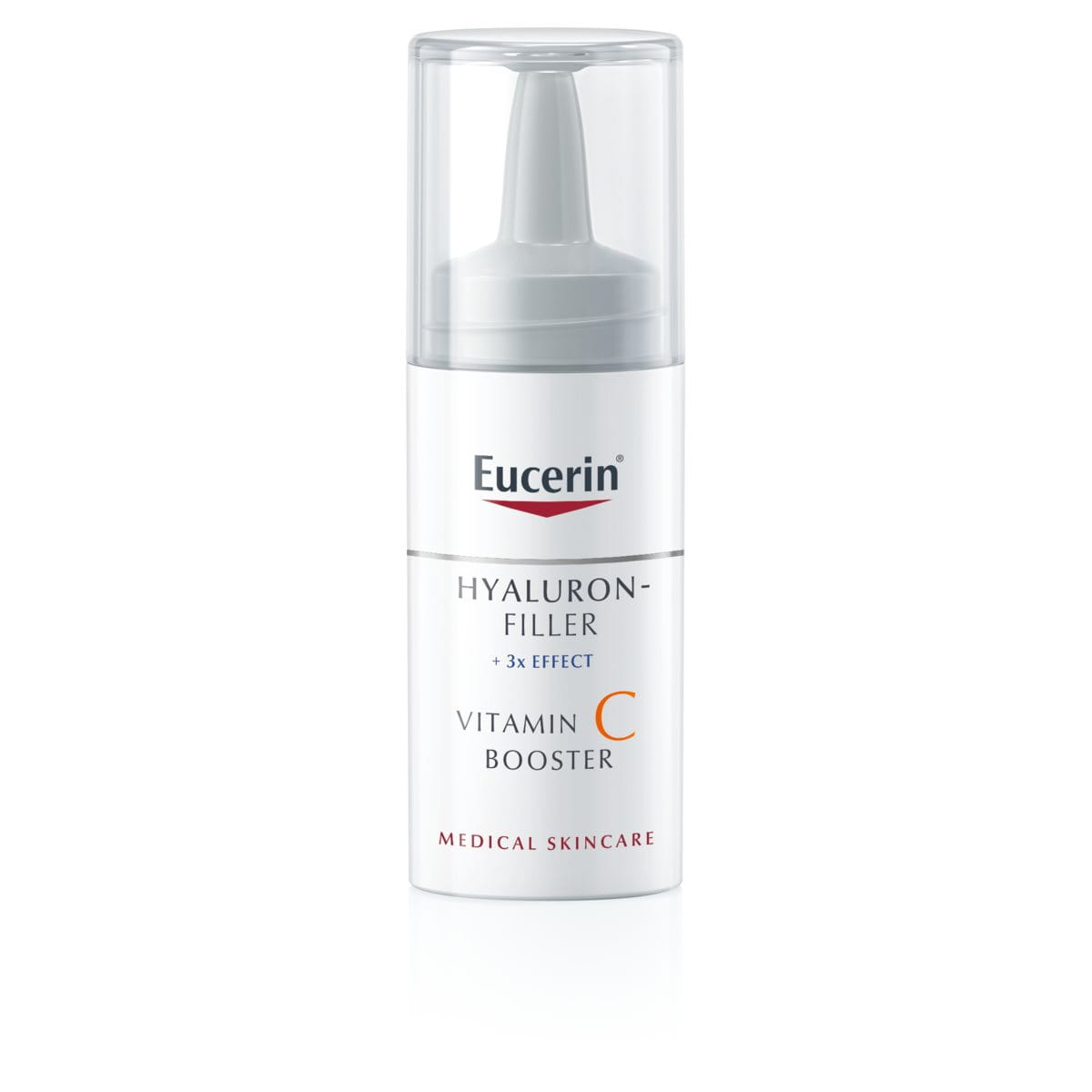Eucerin offers a range of beneficial skin tips for the most frequently treated skin conditions. Here are the most relevant that may help you to improve your skin´s condition and alleviate some symptoms. Nonetheless it is recommended to discuss with your doctor, therapist or dermatologist whether those tips are suitable for your actual skin condition.
Sensitive skin
With sensitive skin the natural barrier get´s affected. Learn to understand the importance of skin’s natural defences and managing advices to restore and strengthen your skin's natural barrier.
Acne-prone skin

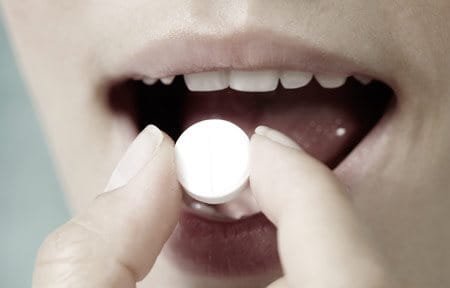
Many myths and skin care tips are available on the causes and treatment of acne. Here some helpful advice for an effective handling that may alleviate the impact on your every-day life.
- Leave spots to heal naturally (squeezing can make them worse and lead to scarring).
- High intakes of milk and other dairy products can aggravate acne-prone skin.
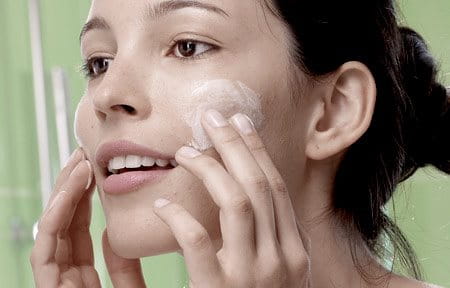
- Cleanse your skin twice daily to prepare it for the ensuing care routine.
- Apply only non-comedogenic skin care and make-up, that won´t clog pores. Remove your make-up at the end of the day.
- Acne severity and the according symptoms vary, therefore you might need to adapt your skin care routine. If unsure, ask your dermatologist for advice.
Read more about acne prone skin.
Dry skin
When skin becomes dry, it may evolve several symptoms. Learn more about managing skin tips for your specific needs and symptoms.


- Avoid extremes of climate. Very hot, cold or dry air can upset the moisture balance of the skin.
- Use a humidifier in winter to prevent the air from becoming too dry.
- Dry skin is a side effect of many medications. Always check with a doctor or pharmacist if your medication may contribute to dry skin.
- Wear clothes made of natural materials like cotton and silk that do not irritate the skin. Wool is natural but can irritate, and should be avoided.
- Don´t use strong soaps that strip away natural skin oils.
- A sunscreen for dry skin should not contain irritating perfumes and colourants, as dry skin is prone to irritation.
Read more about dry skin.
Atopic Dermatitis
There is no cure for atopic skin and the associated flare-ups. However, regular application of suitable skin care products can alleviate symptoms like dryness and itch and will help to prolong the symptom-free interval. Learn more about this.


- Cool temperatures, particularly at night, are helpful because sweating causes irritation and itch.
- Holiday destinations in climate-therapy locations, such as the North Sea, Atlantic, Dead Sea, Mediterranean Sea or high mountain areas may be helpful.
- Relaxation exercises such as yoga and meditation can help reduce stress – one of the factors that can trigger flare-ups in Atopic Dermatitis.
- Maintain a diary of environmental and nutritional behaviour to identify any trigger symptoms.
- Skin care products could be kept in the fridge as cooled creams offer additional itch relief.
- Pat the skin rather than scratch it. Patting soothes skin but doesn’t damage it. Avoid mechanical irritation such as the use of cosmetic brushes of harsh sponges.
- Take showers rather than baths, keep the temperature below 32° and do not shower too frequently.

- If suffering from itch during the night it might help to wear cotton gloves at night to prevent scratching during sleep.
- Do not smoke around children - passive cigarette smoke can trigger Atopic Dermatitis.
- Keep fingernails short and smooth so the child cannot scratch and puncture the skin.
- Restrict bath time to 5 to 10 minutes and do not use bubble baths.
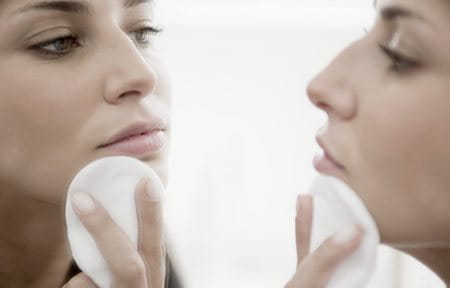
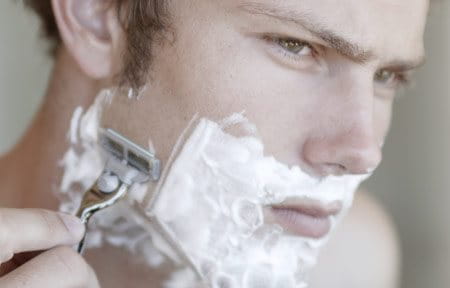
- Establishing a regular daily skin care routine can help to reduce sensitive skin reactions.
- Change your bathing habits: excessive washing can dry skin out and make it more sensitive.
- Ensure to choose daily care products being free of irritants such as alcohol, fragrance and colorants.
Read more about sensitive skin.
Uneven skin
There are various types of hyperpigmentation. Find some preventive tips to even out your skin’s appearance.
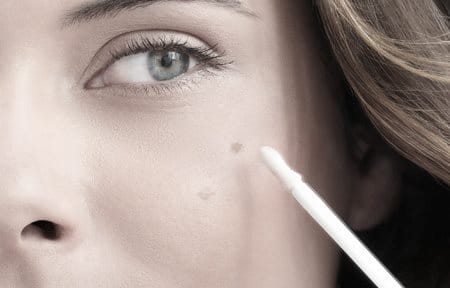
- Use a broad-spectrum sunscreen every day that can help prevent hyperpigmentation.
- Using covering make-up may help to even the appearance.
Read more about uneven skin.
Ageing skin
Learn more about ageing skin and how to implement a holistic approach in order slow the signs of ageing.

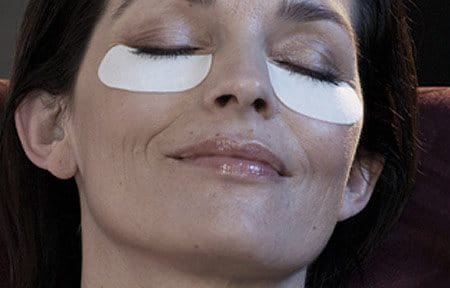
- A healthy diet, rich in fruits and vegetables will ensure an intake of anti-oxidants that can help to limit the damaging effects of free radicals on the skin.
- Reduce smoking and drinking – both alcohol and nicotine increase the free radical damage that speeds up the ageing process.
- Protecting the skin daily from UV damage with an appropriate SPF product will slow the ageing process, and will also help to prevent the formation of wrinkles and a loss of volume occurring.
- Wear sunglasses also to protect the delicate skin around the eyes from the sun.
Read more about ageing skin.
Sun protection
UV exposure may damage our skin´s natural barrier and cause diseases. Learn how to minimise the dangers by following some helpful advises:


- Avoid the intense midday sun, which is usually from 11 a.m. to 3 p.m, although this depends on your location, as even sun protection products with high Sun Protection Factors (SPFs) do not offer 100% protection.
- Apply sunscreen before sun exposure and reapply after 2 hours, if necessary even more often especially when bathing or swimming.
- Re-apply sunscreen frequently in order to maintain an adequate level of protection, especially after sweating, swimming or towelling.
- Do not expose babies and small children to direct sunlight. Avoid sunburn at all cost! Keep children well covered, including a sun hat, t-shirt and sunglasses.
- After a chemical peel, laser therapy, or in the case of drug-induced photosensitivity, use a very high Sun Protection Factor (SPF 50+).
Our brand values

We deliver a holistic dermo-cosmetic approach to protect your skin, keep it healthy and radiant.

For over 100 years, we have dedicated ourselves to researching and innovating in the field of skin science. We believe in creating active ingredients and soothing formulas with high tolerability that work to help you live your life better each day.

We work together with leading dermatologist and pharmacist partners around the world to create innovative and effective skincare products they can trust and recommend.


